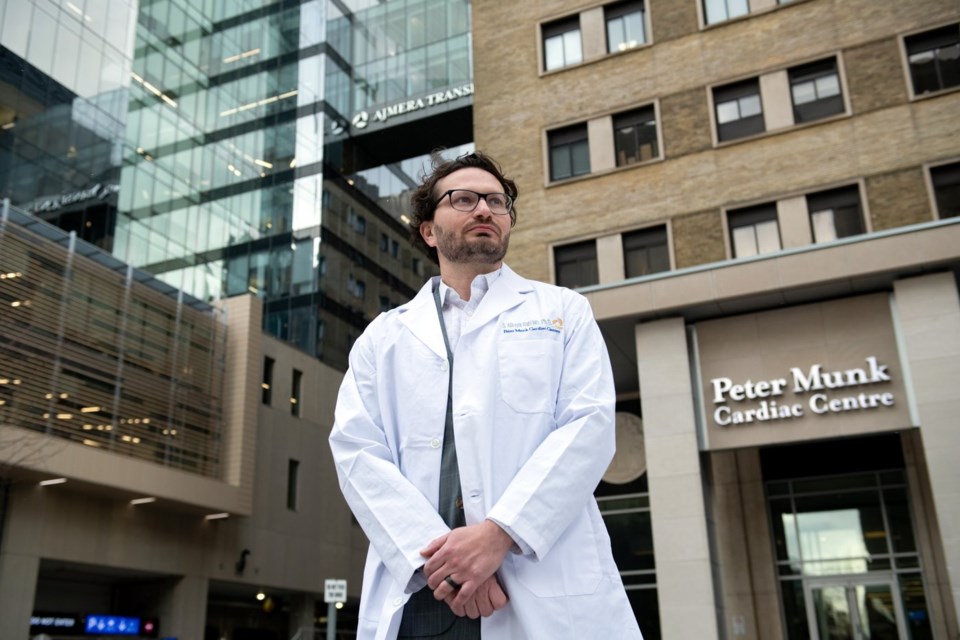TORONTO — In a Canadian medical first, surgeons at Toronto’s University Health Network (UHN) successfully transplanted a non-beating heart last month — a procedure that experts say could increase the number of available donor hearts by up to 30 per cent and significantly reduce transplant wait times nationwide.
Led by Dr. Seyed Alireza Rabi, the surgery marked Canada’s first donation after circulatory criteria (DCC) heart transplant, a method already used in parts of Europe and Australia for over a decade. Rabi previously helped pioneer this technique in the United States in 2019 and has since performed more than 50 such transplants.
“It’s still a miracle every time,” Rabi said. “You’re taking a heart that’s stopped beating, cooled to four to 10 degrees Celsius, putting it in a new body — and hoping it starts beating strongly enough to support another life.”
Unlike traditional heart transplants — which rely on brain-dead donors whose hearts are still beating — the DCC method involves donors with no chance of neurological recovery who are removed from life support. Once the donor dies, surgeons have one hour to remove, preserve, and restart the heart before transplanting it.
The surgical team flushes the heart with a protective solution, then connects it to a lung-heart machine in the recipient’s operating room. The heart is restarted outside the body before being sewn into the patient.
The recipient of this first Canadian DCC heart transplant is recovering well, UHN confirmed.
This innovation could be transformative: more than 175 Canadians are currently waiting for a heart transplant, and the shortage of donor organs remains critical. In Quebec, average wait times reached 342 days in 2022, and up to one in four adults either die or deteriorate before receiving a transplant. Thirteen people died while waiting in 2024, according to national data.
“This provides an increase in the number of hearts available for donation,” said Dr. Thomas Forbes, UHN’s surgeon-in-chief. “Unfortunately, there is a shortage of organs to save patients with end-stage heart failure.”
UHN plans to perform 10 to 15 more DCC heart transplants over the next year, carefully monitoring patient outcomes to refine donor and recipient selection. If scaled up across Canada, the practice could significantly shorten wait lists and save more lives.

